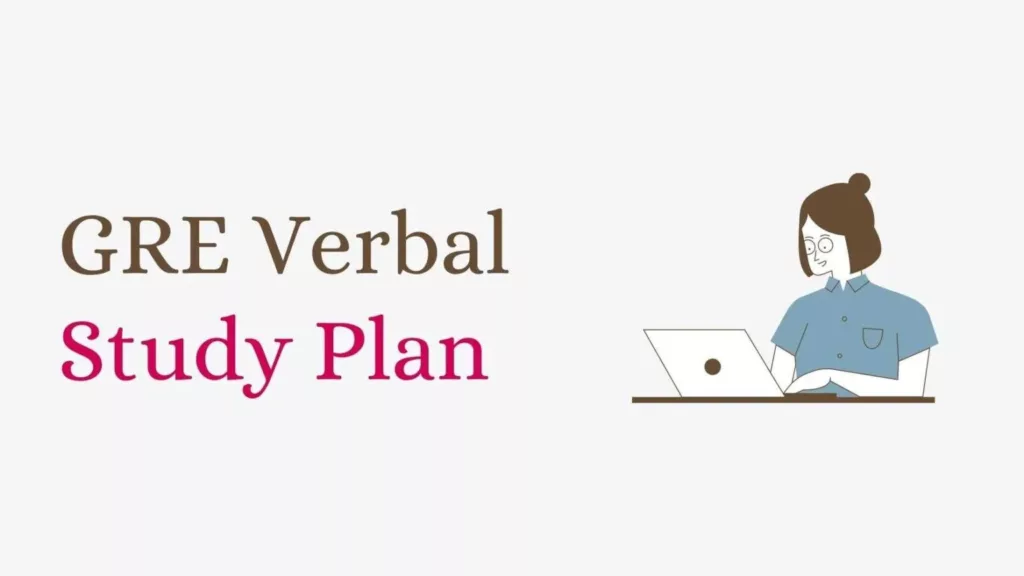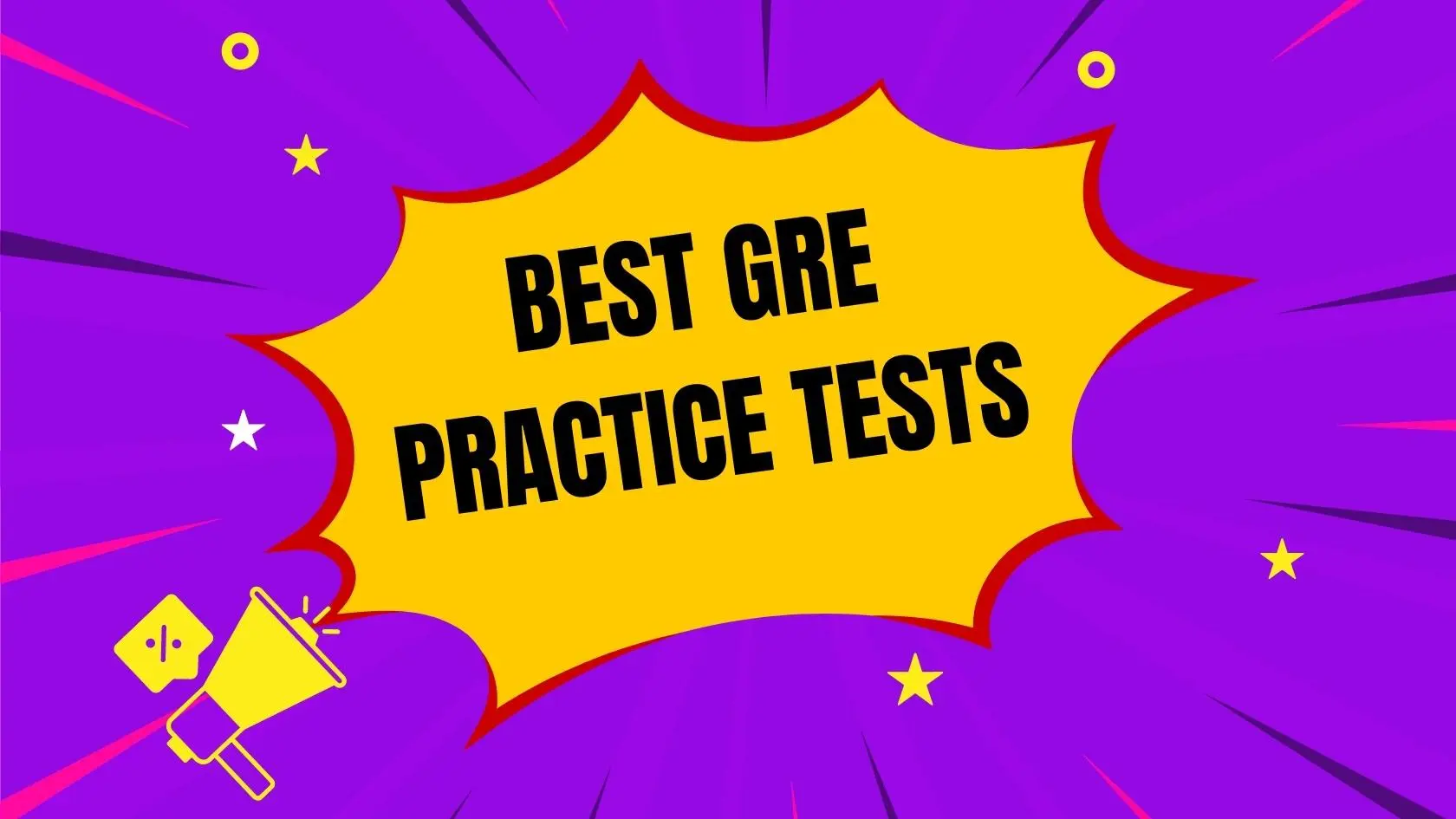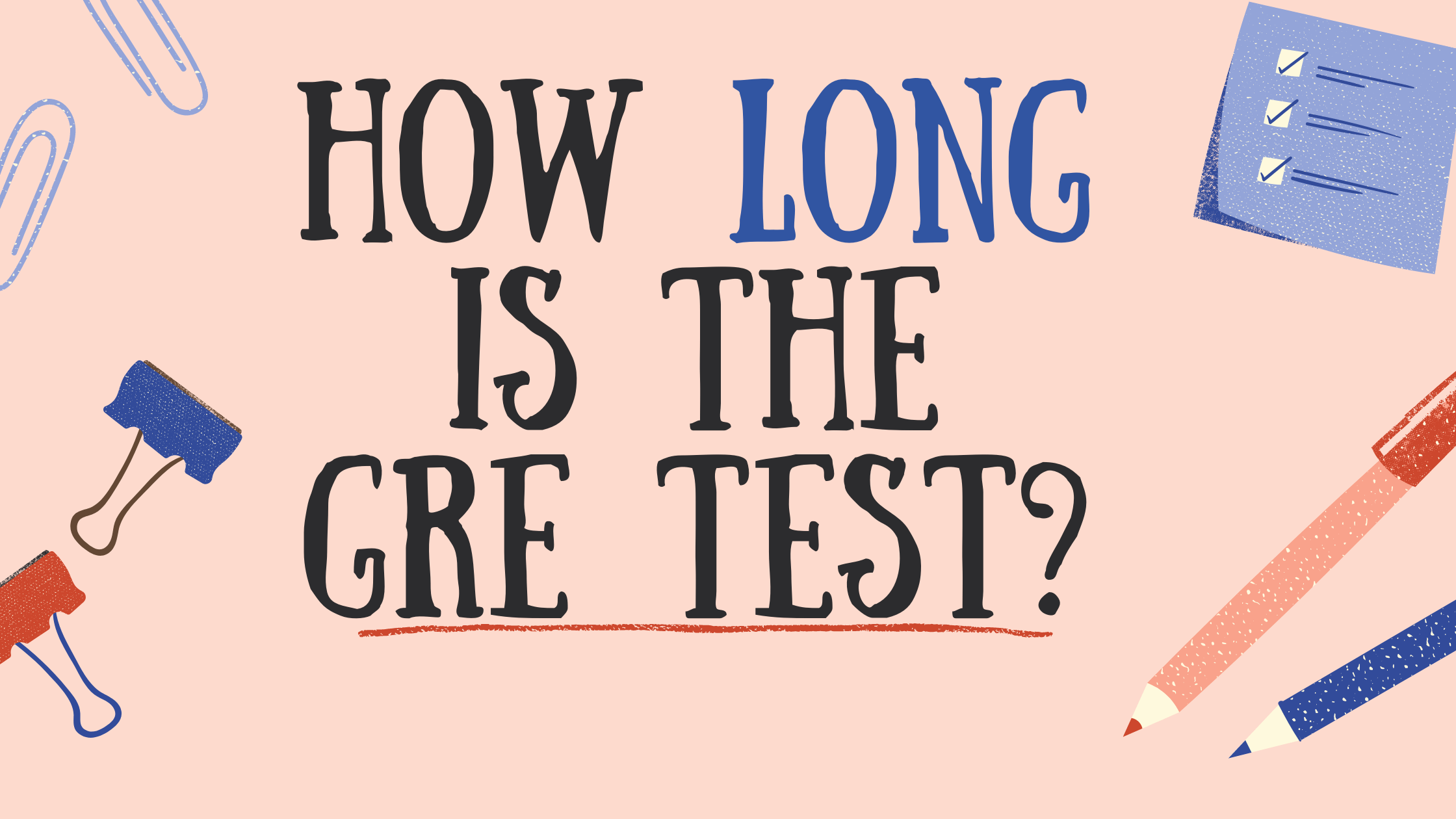To master the GRE verbal section, you need to make sure you have a good comprehensive study plan that will guide you which is the most effective resource to improve your score. Before we jump into the details, the most important thing to understand is that in order to get a high GRE score, you need to have a command in reading complex sentences, which is possible if you are an avid reader of US newspapers or websites like www.aldaily.com and most importantly understand the English complex sentence structures.
Diagnostic Test:
After taking the GRE diagnostic Test, if your scores in the range of 130-145 and your target score is+155, then you need to first focus on understanding the fundamentals of complex English sentence structure, without even referring to the GRE books. Many students could not improve their GRE verbal section as they either use too many random resources or don’t study with a proper study plan. As a result, they mainly focus on cramming vocabulary and spent the rest of their time practicing questions without focussing on the foundational concepts. However, GRE preparation should mainly focus on understanding basic English skills along with learning vocabulary.
The main emphasis should be on understanding English sentences, which is only possible if you understand complex sentence structure and general reading. Based on the years of experience with thousands of students, our GRE Experts have formulated the following strategies that can help you to prepare for GRE Verbal Section. The sample video is attached below, the experts’ have prepared the complete set of verbal tutorials so students can understand complex English sentence structure, which is not covered by any other test prep course yet.
Scholar Den Video tutorials are easy to understand explanation videos that are very effective in learning basic English concepts. Those tutorials have easy to understand visual explanations that will help students to understand complex English sentence structures. Moreover, you should spend more time in general reading and reading the vast topic of articles, so your brain can start accepting those boring topics which were making you sleep. Meanwhile, learning vocabulary is also important, but that is just a very small portion of your preparation.
Text Completion and Sentence Equivalence Section:
Concept Building:
Go through Scholar Den verbal lectures.
Vocabulary:
We have prepared this GRE verbal study plan after years of experience with thousands of students. So, regarding vocabulary, if your vocabulary is weak, you need to read articles from aldaily.com or any American website to memorize the contextual meaning of the words – this will help to improve your overall reading skills along with vocabulary. Don’t Cram words from any vocabulary list.
During the reading of American newspapers, magazines or articles (aldaily.com) and note down difficult words and try to understand the contextual meaning of those words.
Make flashcards – hard copies (Word on one side of the card and meaning + Mnemonics on the other side of the card).
- Don’t cram words – just understand the contextual meaning of those words.
- The best way to learn words – write a word on one side of the flashcard and its meaning + Mnemonics. You can check it’s meaning on http://mnemonicdictionary.com/ along with sentences. Write words in a way that would help you to remember them. Most importantly use a Mnemonics. It is a powerful tool to remember words (http://mnemonicdictionary.com/). For example Burgeon (means grow or flourish) – mnemonic can be “Burger” -> by eating a burger, you become fat and then grow. Burger => Fat => Grow
- Learn and revise those words on a daily basis. Let’s suppose you learn 15 words on day 1, 2nd day you would have 30 words…. so when you revise you will also go through new words + all previous words.
Practice:
The next thing that comes in this GRE Verbal study plan is practice. Practicing questions is equally as important as learning words. But we only recommend you to practice questions once you have a good understanding of complex sentence structures and memorized some basic words. Therefore, after you have memorized words and learned the strategies from Scholar Den, you need to solve questions from ETS and Scholar Den.
Sample Question video explanation is shared below:
Reading Comprehension Section:
Concept Building:
Go through Scholar Den verbal lectures.
Practice:
Practice these skills on at least 10 passages so that you get into the habit of improving comprehension. Then start practicing them on up to 100 passages so you could master them. If you have time, more than 1.5 months, practice Scholar Den, ETS big books (RC only) and ETS questions; they are tough but prepare you well for the exam!
Logical Reasoning Section:
Concept Building:
For concepts, watch Scholar Den Verbal Videos.
Practice:
Practice ETS Official Guide Questions, ETS Big Book (RC only) & Scholar Den Questions.
Analytical Writing Analysis Section:
Read sample ETS essays given in the ETS official guide. If you are very weak in writing then Google ETS issue pool.
Overall Resources for Verbal
ETS Books = Concept + Practice
Scholar Den = Concept + Practice
Improving General Reading:
Regular reading from good sources is very important. You should be a regular reader of the following newspaper pages for at least 3-6 months. Some of the newspaper websites have paid subscriptions.
We only recommend American newspapers – reading Novels, Dawn or British magazines will not really help in a short period of time in the GRE exam.
To watch all Scholar Den Verbal Videos, log in to www.scholarden.com
Next Article: GRE Quantitative Study Plan









